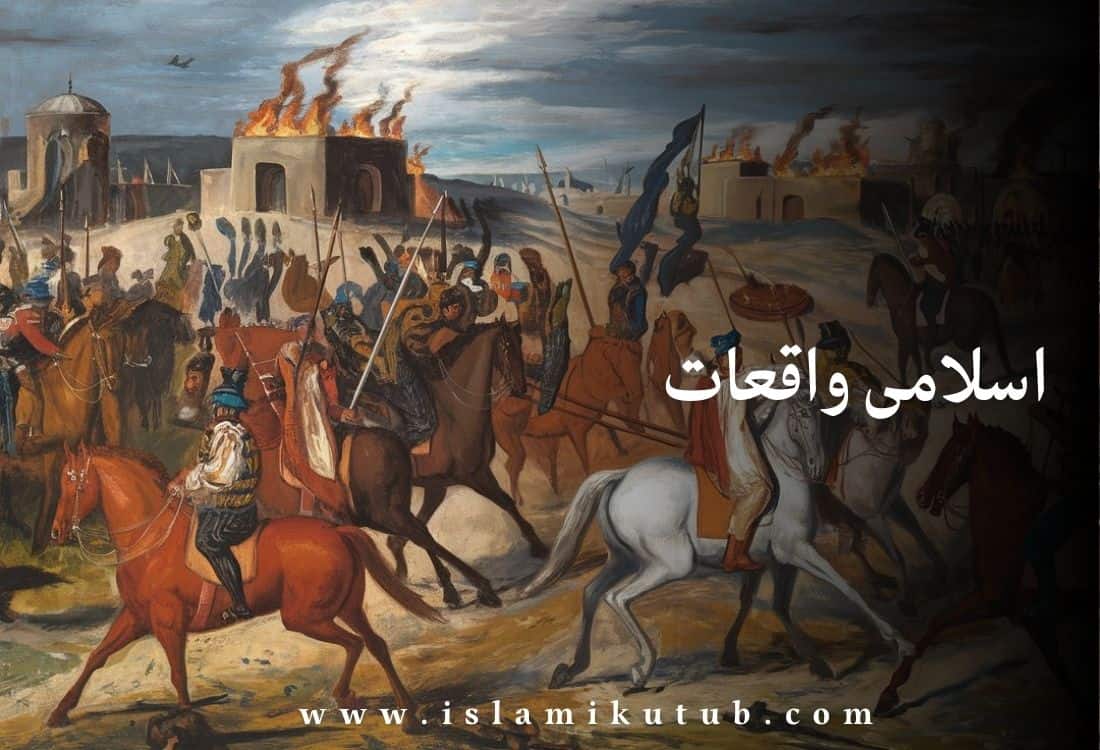Martyrdom holds a significant place in Islamic teachings. This article delves into what martyrdom means in Islam, its historical context, and its implications for believers today. Whether you’re a student of religion, a curious reader, or someone exploring Islamic values, this guide aims to offer a clear and engaging overview of this profound topic.
What is Martyrdom in Islam?
In Islam, martyrdom is not merely about dying in battle. It represents a broader concept of sacrifice and righteousness. The Arabic word for martyr is “shaheed,” which means “witness.” A martyr is someone who bears witness to their faith, often at the cost of their own life. However, this is not restricted to physical death in warfare; it encompasses a range of scenarios where one suffers or sacrifices for the sake of Allah.
Historical Context of Martyrdom
To understand martyrdom in Islam, it’s crucial to look at its historical roots. One of the most famous examples is the Battle of Uhud, which took place in 625 CE. During this battle, the Prophet Muhammad’s uncle, Hamza ibn Abdul-Muttalib, was martyred. His death was a significant event for early Muslims, symbolizing ultimate sacrifice for the cause of Islam. This battle and others like it shaped the early understanding of martyrdom.
Another key figure is Imam Hussain, whose martyrdom at the Battle of Karbala in 680 CE is commemorated annually by millions of Muslims during Ashura. Imam Hussain’s stand against tyranny and his willingness to sacrifice his life for justice are central themes in Islamic martyrdom.
Spiritual Significance
Martyrdom in Islam is not just a physical act but carries deep spiritual meaning. According to Islamic teachings, martyrs are considered to have a special status. They are believed to enter Paradise directly, bypassing the trials of the grave and the Day of Judgment. This belief is derived from various Hadiths (sayings of the Prophet Muhammad) and Quranic verses.
For instance, Surah Al-Baqarah (2:154) states: “And do not consider those who have been killed in the way of Allah as dead. They are alive but you do not perceive it.” This verse underlines the belief that martyrs are in a state of eternal reward and peace.
How to Attain Martyrdom
While the ultimate act of martyrdom is the loss of life for the sake of faith, there are other forms of sacrifice that are also highly valued. Here’s a step-by-step guide to understanding these various dimensions:
- Live a Righteous Life: The foundation of martyrdom is living a life that aligns with Islamic values. This includes honesty, kindness, and dedication to faith.
- Stand Up for Justice: Martyrdom often involves standing up against oppression and injustice. This could be in the form of advocating for the rights of others or fighting against corruption.
- Prepare Spiritually: Strengthen your relationship with Allah through prayer, fasting, and charity. A deep spiritual connection is essential for anyone aspiring to be a martyr.
- Seek Knowledge: Understanding Islamic teachings thoroughly can guide you in making righteous decisions and preparing for any trials that may come your way.
- Make Sacrifices: Small acts of personal sacrifice in everyday life, such as giving up time or resources for others, can be seen as a form of spiritual preparation.
Martyrdom in Contemporary Context
In today’s world, the concept of martyrdom can sometimes be misunderstood. Some might associate it with extremism or violence, which is contrary to the core teachings of Islam. It is important to distinguish between true martyrdom and actions driven by misguided interpretations.
Muslims today are encouraged to embody the principles of martyrdom through peaceful and constructive means. This can involve working towards social justice, supporting humanitarian causes, or simply living a life of integrity and faithfulness.
Anecdote: The Tale of a Modern Martyr
Consider the story of Dr. Abdul Sattar Edhi, a prominent philanthropist in Pakistan. While he did not die in battle, his life was a testament to the values of sacrifice and service. Edhi dedicated his entire life to helping the needy, establishing hospitals, orphanages, and emergency services. His selflessness and commitment to serving humanity echo the spirit of martyrdom.
Conclusion
Martyrdom in Islam is a multifaceted concept with deep historical and spiritual roots. It represents the ultimate sacrifice for faith and righteousness, but it is also about living a life of integrity and justice. By understanding the true essence of martyrdom, we can appreciate its significance and apply its principles to our lives in meaningful ways.
If you are interested in exploring more about Islamic values or finding resources that delve deeper into these teachings, consider checking out Islamic Studies Online.
Embrace the spirit of martyrdom by living a life aligned with Islamic principles and making a positive impact in the world. This approach not only honors the legacy of martyrs but also contributes to a more just and compassionate society.



2 Responses